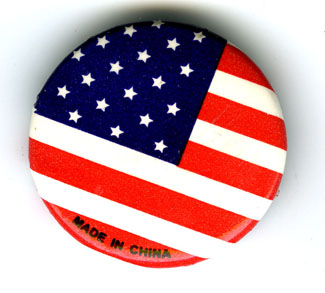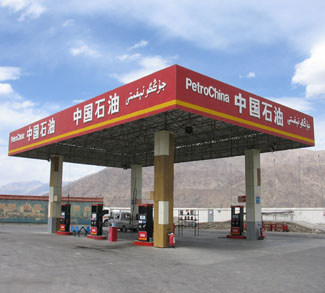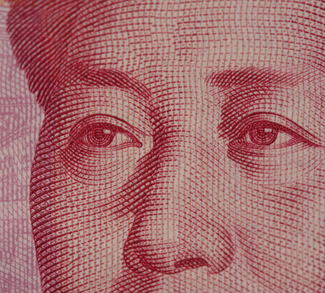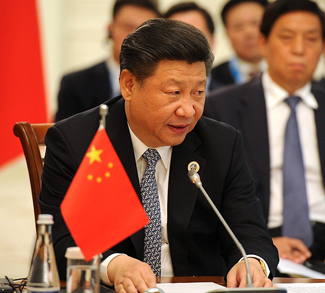Summary
It couldn’t have been more emblematic of US-China relations over the past two decades: the ‘Citrus Summit’ opens amid calls for a realpolitik reordering of the relationship, and it ends in muted obscurity, eclipsed by the barrage of US Tomahawk missiles raining down on a US enemy in the Middle East.
In perpetuating the status quo in US-China relations, the summit couldn’t have been scripted better for the Xi administration.
Background
There’s a long tradition of US presidents campaigning on taking a hard line on China; in this, President Trump is no different. The electoral rite of holding China up as a post-Cold War boogeyman is probably why Beijing didn’t flinch when Trump began to chip away at the central pillar of the relationship by questioning the One China policy. President Clinton campaigned on not granting China most-favored nation status; George W. Bush called China a ‘strategic competitor’; Obama labeled China a currency manipulator on the campaign trail in 2008, as did Romney in 2012 – but none of this came to anything in terms of policy. And by the look of it, we won’t see President Trump officially declaring China a currency manipulator either (he already broke a campaign promise to do so on his first day in office).




